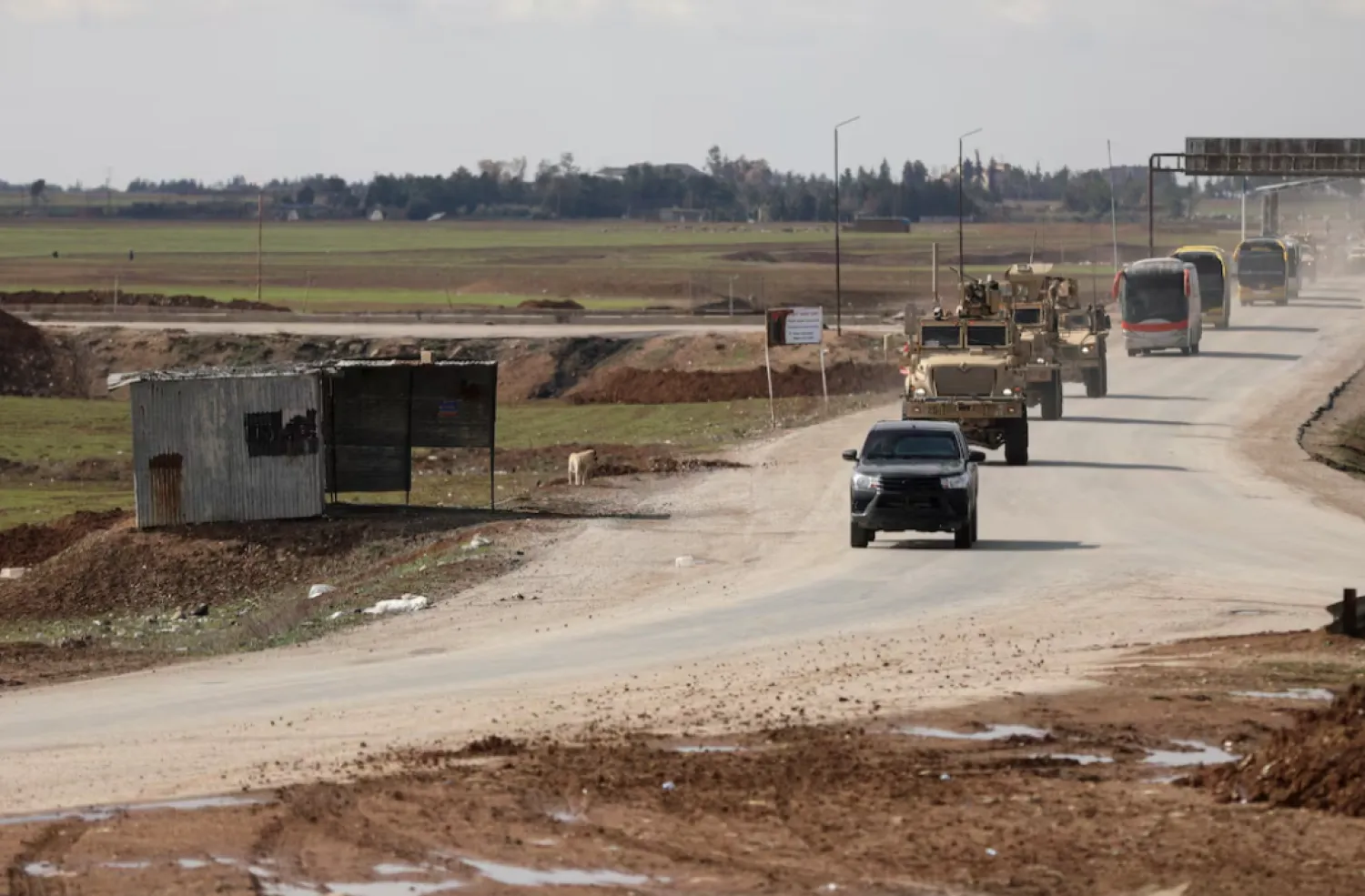Aid groups in Sudan said on Tuesday at least 54 people were killed in a military airstrike on a local market in the country’s western region.
The strike on Monday on the village of Tora caused a huge fire, according to Adam Rejal, a spokesman for the General Coordination, a local group helping displaced people in Darfur.
Brig. Gen. Nabil Abdullah, a spokesman for the Sudanese military, said civilians had not been targeted, adding the allegations were "incorrect" and "are raised whenever our forces exercise their constitutional and legal right to deal with hostile targets."
The strike tore apart a large part of the weekly market in Tora, which is located 80 kilometers (50 miles) north of el-Fasher, the capital city of North Darfur province.
Support Darfur Victims, a local group that provides support to victims of the Darfur conflict, shared graphic video footage appearing to show burnt structures and charred bodies on the ground.
More than half of the dead were women, according to a list of casualties provided by Rejal. At least 23 people were wounded and seven were missing, the list showed.
Rejal said that the strike was "a crime against humanity and a clear violation of all international and humanitarian laws and conventions."
The city of el-Fasher is held by the Sudanese military despite near-daily strikes by the rival paramilitary group, the Rapid Support Forces, or RSF.
Monday's strike was the latest deadly attack in a war that started in April 2023 when simmering tensions between the military and the RSF exploded into open warfare across the country.
The war wrecked the capital, and other urban cities across the country. It has killed more than 28,000 people, forced millions to flee their homes and left some families eating grass in a desperate attempt to survive as famine sweeps parts of the country. Other estimates suggest a far higher death toll.
The fighting has been marked by atrocities including mass rape and ethnically motivated killings that amount to war crimes and crimes against humanity, especially in the western region of Darfur, according to the United Nations and international rights groups.
The military has made steady field advances in recent months against the RSF in Khartoum and elsewhere in the country. In March, it regained control of most of the strategic and government buildings in the capital, including the Republican Palace — the seat of the pre-war government.









